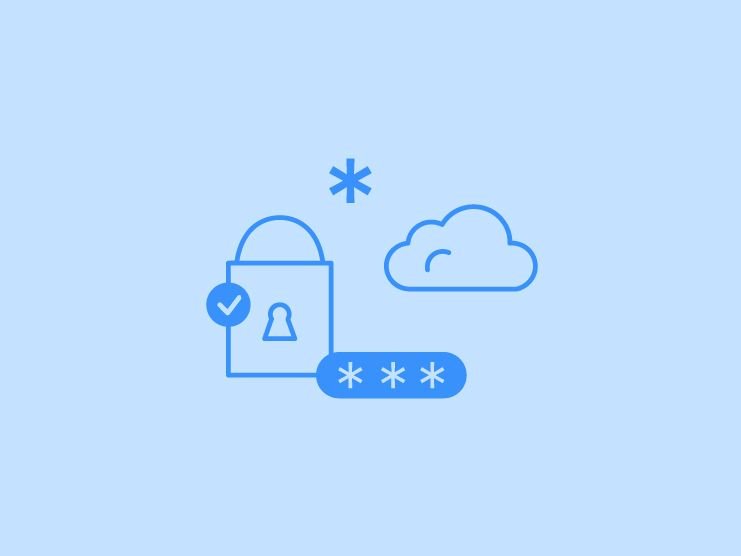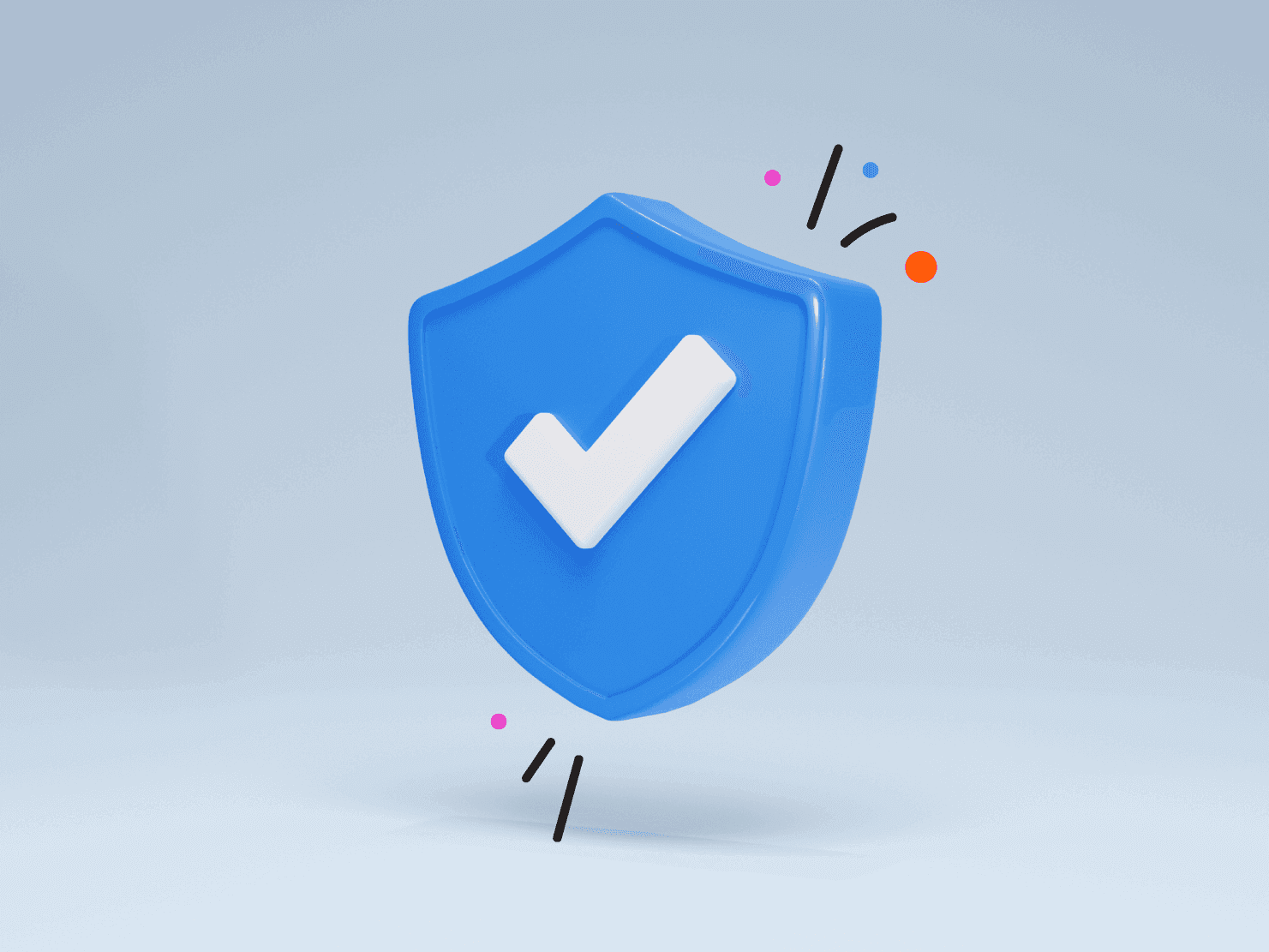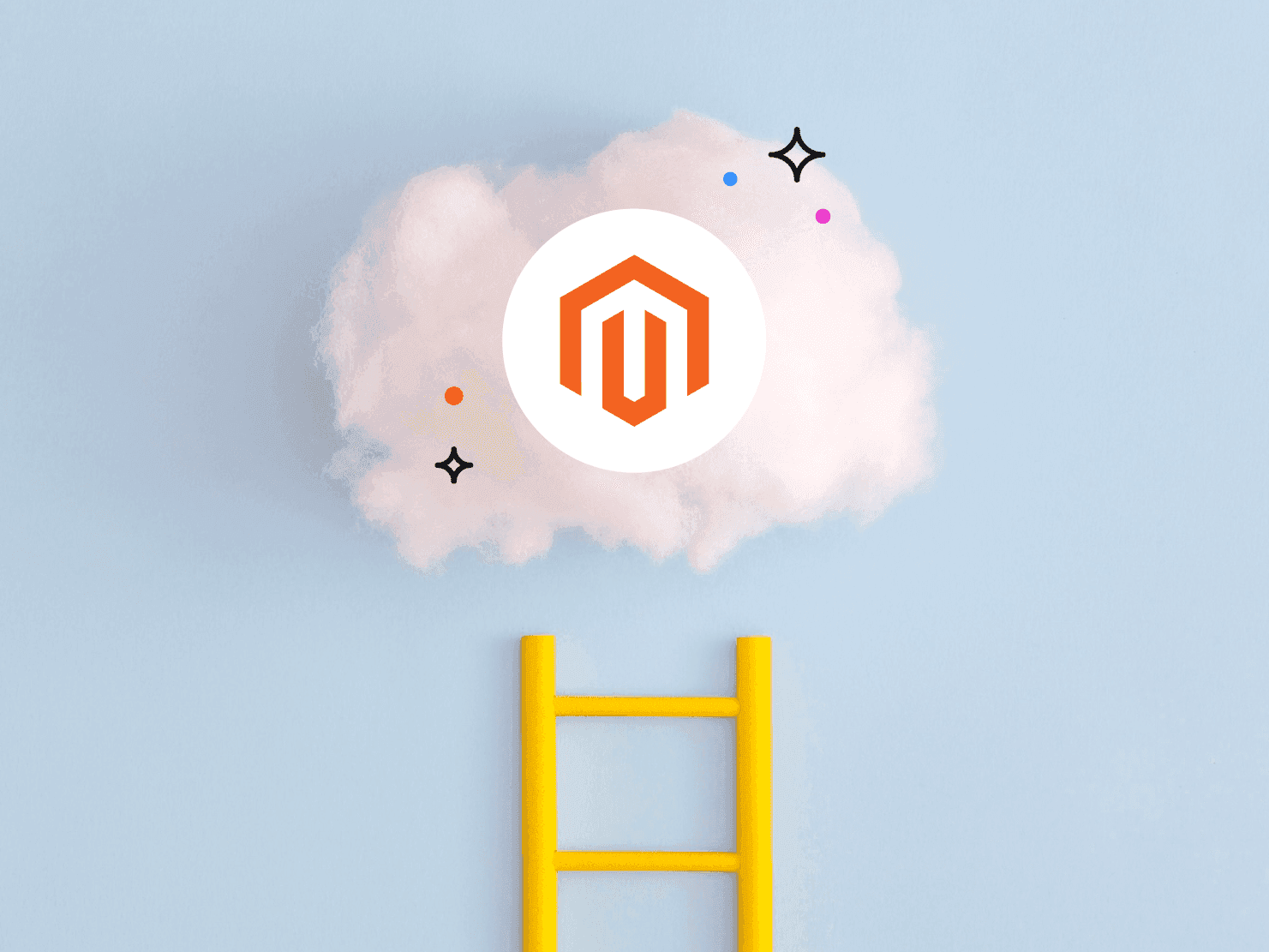Ransomware is an ever-evolving type of malicious software (a.k.a malware) in which an attacker encrypts the files on a victim’s device, rendering it inaccessible and unusable. Then - you guessed it - they demand a ransom from the target before they’ll fix it.
Not something any organization ever wants to deal with, and not something any organization has to deal with if they have the right measures in place to minimize the risk.
Let’s talk about how!
What happens during a ransomware attack?
Once an attacker has chosen their victim and encrypted their files, a ransom note is delivered via a message or notification on the encrypted device.
This message informs the victim that their files can’t be accessed, decrypted, or unlocked until the attacker receives their specified payment. Alternatively, attackers are also known to use methods of attack called leakware or doxware which is when they threaten to release sensitive information stored on the device, unless they receive their payment. With the payments often being demanded via bitcoin or other cryptocurrencies. But, how does it happen?
How do ransomware attacks happen?
Ransomware is spread much like many other types of malware, like:
- Phishing emails containing malicious links or attachments
- Unknowingly visiting infected websites
- Social engineering
- Pirated software
- Infected USB drives
- Exploitation of weak security practices such as not using strong passwords or multifactor authentication
It turns out there’s a lot of ways cyber attackers can gain access to organizational devices, but what are the effects of an attack?
What impact do ransomware attacks have?
It goes without saying that cyber attacks like this can be detrimental to any organization - whether you’re a globally renowned multinational or a start-up finding its feet in the market.
Ransomware attacks can result in severe operational disruption and downtime, loss of essential data, and of course, financial loss from an accumulation of the aforementioned issues and the hefty ransom fee. Not to mention, victim organizations can incur detrimental reputational damage due to loss of confidential information. Alongside the public knowledge that the company is susceptible to cyber attacks and may be regarded as an ill-prepared or unsafe option for their customers as they lose faith in the security of the organization.
Just one google search on cyber attacks and you’ll see exactly what we’re talking about!
What can you do to protect your organization?
The good news in all of this is there are plenty of ways that you can protect your organization from cyber attacks. Here’s a few of the measures we have in place at Platform.sh:
- We implement controls to ensure that only we have access to the tools and applications we need to do our jobs.
- We back up and secure our data according to strict security controls and policies.
- We utilize cybersecurity insurance policies.
- Individually, we ensure we have anti-virus SentinelOne installed on our devices.
- We remain vigilant of social engineering and phishing scams by keeping our devices, browsers, and applications patched and up-to-date, using complex passwords.
- We utilize password managers like Bitwarden to store those passwords securely.
Whether it’s due to the prevalence of cryptocurrencies, an increased attack surface, or increased incentives from organizations paying attacker demands - unfortunately, ransomware attacks are on the rise, and that trend is set to continue. So it’s time to get secure!
While there is no guaranteed way to prevent a cyber attack, we can all do our part in remaining proactive, vigilant, and keeping our devices as secure as possible. If you haven’t already, try out some of the measures we use here at Platform.sh and you will be well on your way to securing your company as much as possible against cyber attacks.
Want to know about our security measures at Platform.sh? Get in touch with our team!
 Switching to Platform.sh can help IT/DevOps organizations drive 219% ROI
Switching to Platform.sh can help IT/DevOps organizations drive 219% ROI Organizations, the ultimate way to manage your users and projects
Organizations, the ultimate way to manage your users and projects





